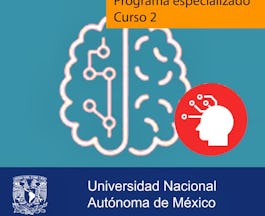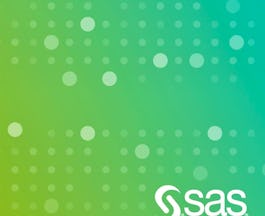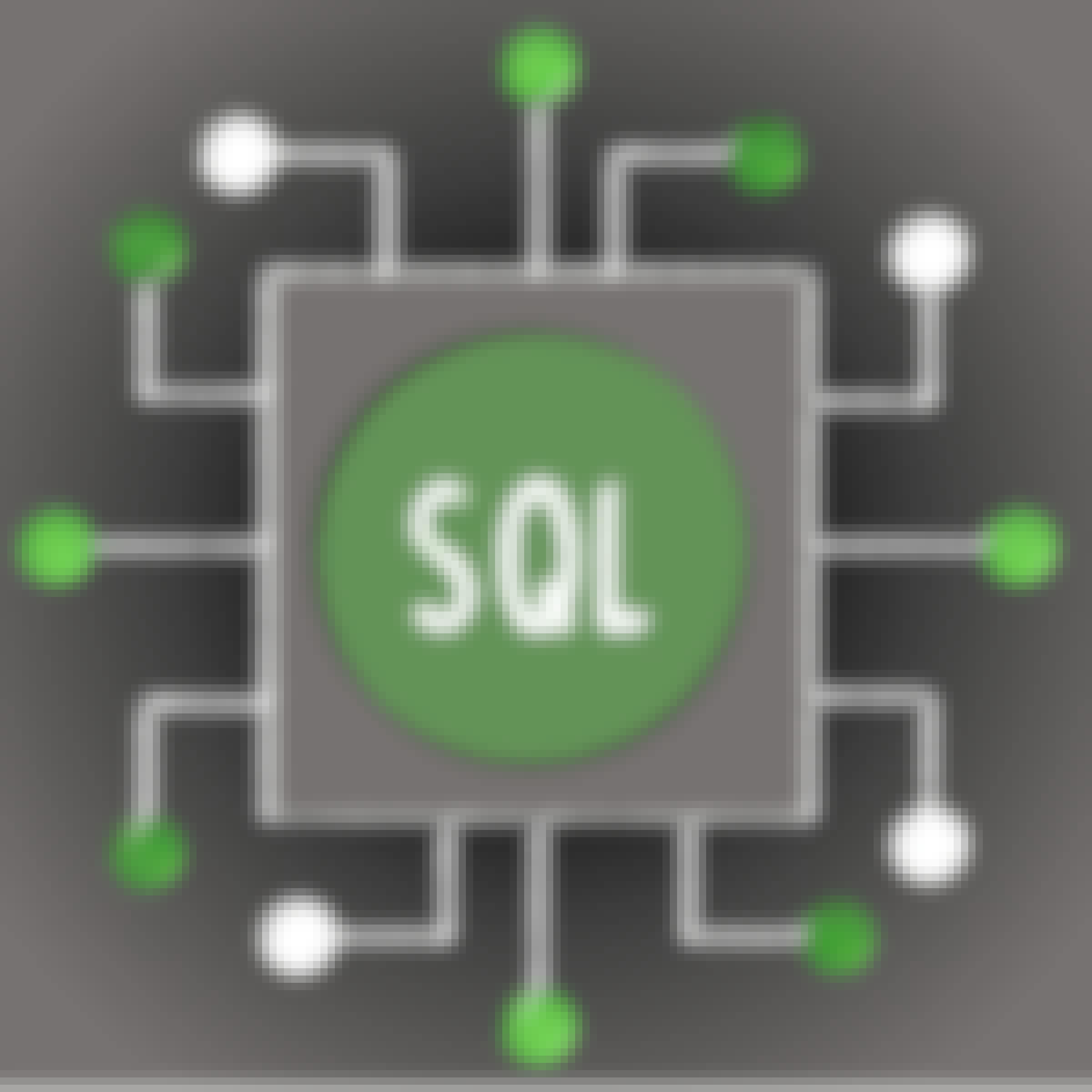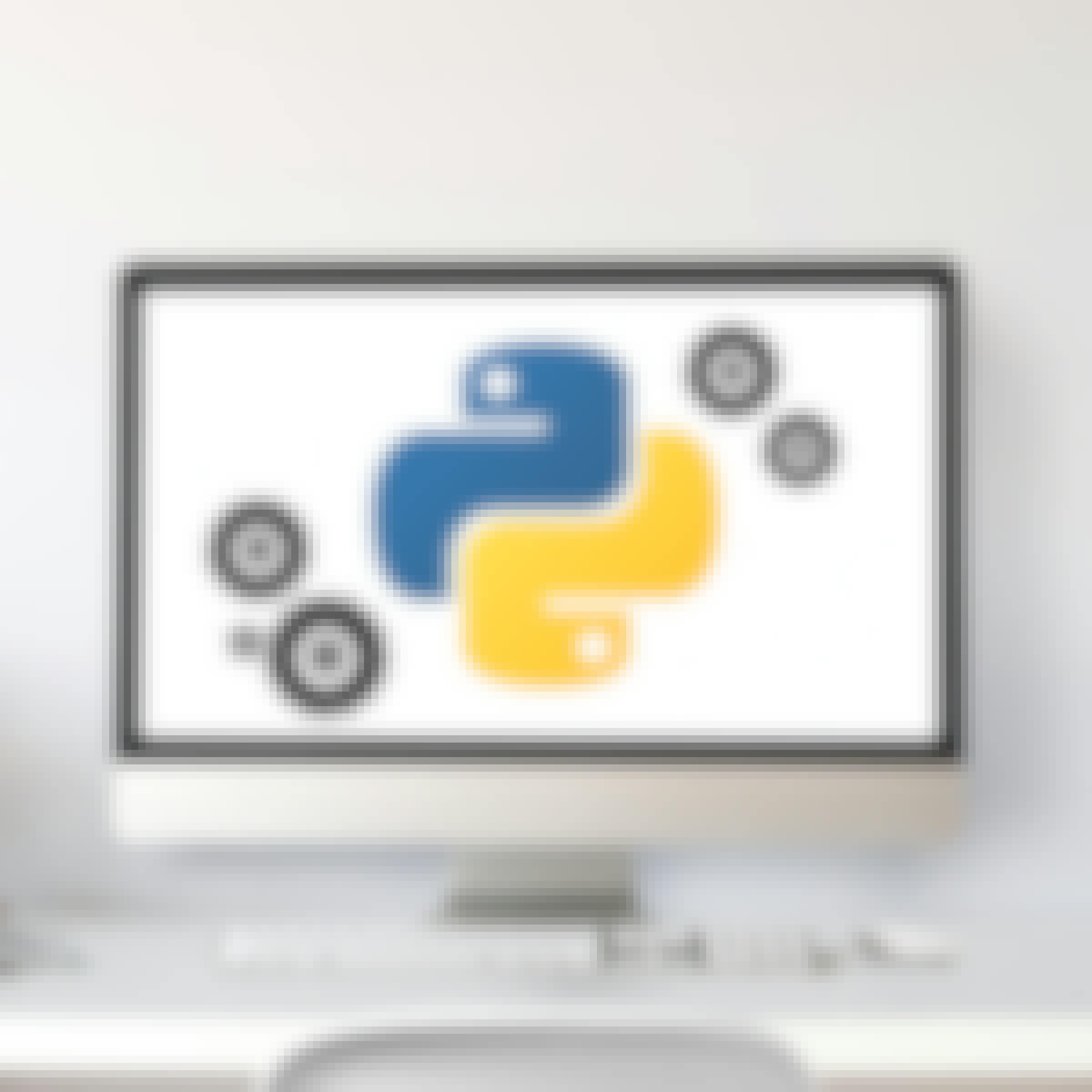Filter by
The language used throughout the course, in both instruction and assessments.
Explore the Language Course Catalog

Universidad Nacional Autónoma de México
Skills you'll gain: Computational Logic, Probability & Statistics, Python Programming

Skills you'll gain: Forecasting, SAS (Software), Statistical Programming

Accenture
Skills you'll gain: Data Analysis, Javascript, Python Programming

Duke University
Skills you'll gain: Algorithms, Python Programming, Software Engineering

Rice University
Skills you'll gain: Computer Programming, Java Programming, Algorithms, Theoretical Computer Science, Computational Thinking, Distributed Computing Architecture, Software Engineering, Computational Logic, Critical Thinking, Data Structures, Programming Principles

Rice University
Skills you'll gain: Computer Programming, Algorithms, Java Programming, Theoretical Computer Science, Software Engineering, Computational Thinking, Data Structures

Duke University
Skills you'll gain: Data Management, Databases, Python Programming, Computer Programming, Programming Principles, SQL, Data Structures, Computer Programming Tools, Database Application, Extract, Transform, Load

Skills you'll gain: Microsoft Excel, Data Visualization, Spreadsheet Software, Plot (Graphics), Data Analysis, Databases, Python Programming, SQL, Statistical Visualization, Data Management, Data Mining, Data Science, NoSQL, R Programming, Big Data, Business Analysis, Data Visualization Software, Interactive Data Visualization

Skills you'll gain: Data Analysis, Databases, Python Programming, SQL, Data Management, Data Mining, Data Science, Data Visualization, NoSQL, R Programming, Big Data, Microsoft Excel

Johns Hopkins University
Skills you'll gain: Bioinformatics, Data Analysis, Data Analysis Software, R Programming, Exploratory Data Analysis, General Statistics, Computer Programming

Skills you'll gain: Computer Programming, Extract, Transform, Load, Python Programming

Duke University
Skills you'll gain: Algorithms, Computer Programming, Problem Solving, Python Programming
In summary, here are 10 of our most popular language courses
- Razonamiento artificial: Universidad Nacional Autónoma de México
- Using Data for Geographic Mapping and Forecasting in SAS Visual Analytics: SAS
- Understanding Technology and Data: Accenture
- Understand Big O Notation in Python: Duke University
- Parallel, Concurrent, and Distributed Programming in Java: Rice University
- Concurrent Programming in Java: Rice University
- Scripting with Python and SQL for Data Engineering: Duke University
- Data Analysis and Visualization Foundations: IBM
- Introduction to Data Analytics: IBM
- Bioconductor for Genomic Data Science: Johns Hopkins University










